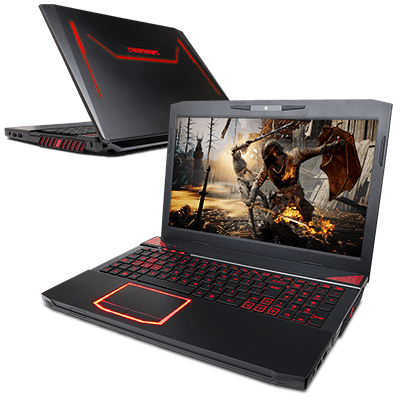
FTL: Advanced Edition
Subset Games
Being a pencil and paper role-playing game geek, video games that give me the opportunities to both role-play, as well as provide emergent storytelling rifts, are pretty big in my book. Therefore, it should come as no surprise that Paradox Studios’ Stellaris, has become a favorite of mine. However, a fellow geek friend has been nagging me for years about an older game that helped to pioneer the term “roguelike,” while also providing plenty of emergent storytelling moments. That game is FTL: Faster Than Light.
The original FTL debuted back in 2012, but a newer update, titled: FTL: Advanced Edition was released in 2014. My friend suggested that I play the original 2012 version so that I could compare it to the newer one. So, I did just that.

One thing that I came to realize is certain—FLT has garnered quite a rabid fan base, and rightfully so. FTL puts the player in command of a Federation spaceship that recently pilfered some critical intelligence to the rebel force’s war effort. Your objective is to try and return to the safety of Federation space before the seditious rebels catch up to you.
While you attempt to return to home base, you’ll encounter all manner of friendly and hostile aliens, and of course lots of nasty bushwhacking (or asteroidwhacking?) pirates. The game’s ingenious programming allows for plenty of nail-biting moments that you’ve probably seen in classic Star Trek episodes, such as trying to divert your ship’s power to different systems while your ship burns all around you.
I played quite a bit of the original FTL first (as my friend suggested) and found it both intriguing and highly re-playable, because of the procedural nature of both the game’s galaxies and random encounters. Eventually, I booted up the Advanced Edition. I must mention that although the original title already has a lot going on, the newer version layers on even more elements.

First of all, there’s a new Hard Mode for those who think that they’re the you-know-what when it comes to playing FTL. The game is already brutal as far as its challenge factor goes, so I bypassed that mode since it only gives you minimal loot for all of your hard-fought efforts. You can rename and customize your crew, save their manned stations (for a quick return post-battle), and also man both your ship’s doors and sensors.
As with the original version, in the Advanced Edition, you’ll travel from system to system and encounter some manner of roleplay-style dialogue options. You’ll quickly discover that although sometimes it’s best to utilize guile or stealth, there are other occasions where it makes more sense to just let your lasers do the talking.
Did I mention that there is Hacking, Mind Control, and Clone Bays featured in the new Advanced Edition? Hacking allows you to de-buff enemy ships, such as depleting their shields or making their boarding party return to their ship. Mind Control can force enemy units to go mad and attack their fellow crew members (my personal favorite), or even force them to repair your ship’s systems.
Meanwhile, the new Clone Bay effectively replaces the original Medical Bay. But instead of healing crew members, the Clone Bay can replicate any crew members that have met an untimely fate, although their skills will suffer slightly.

Then there’s also the new race called the Lanius, which are composed of a metallic substance that absorbs air. Although these beings aren’t the most skilled when it comes to offensive capabilities, they can suck the oxygen from enemy boarding parties. Since the Lanius can survive in a vacuum, you can quickly turn the tide during on-board ship battles.
Ultimately, FTL: Advanced Edition contains much more than the price it goes for. Whether you’re overcharging the new time-based laser banks to fire at enemies, taking over their minds and making them commit all kinds of mayhem on their ships, or silently suffocating all who dare to trespass aboard your vessel, you’re pretty much guaranteed to have a blast with this amazing science fiction title.
SCORE:
FTL: Advanced Edition Review has some pretty good looking graphics that make its science fiction gameplay truly shine. However, you want to have a pretty beefy gaming PC or gaming laptop in order to play it at a decent framerate. So, you may just want to invest in a decent gaming rig:

Visit CyberpowerPC’s website to check out all of the other great deals as well!